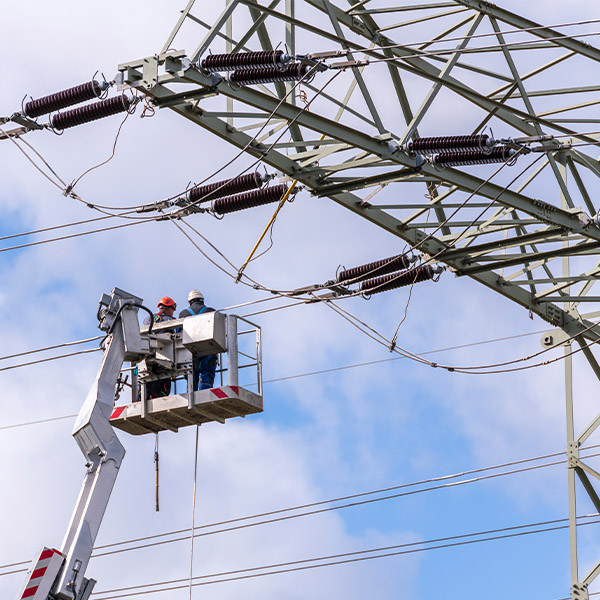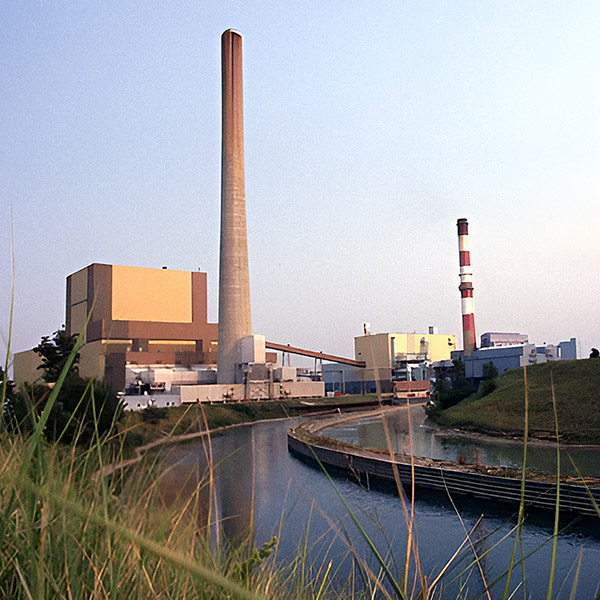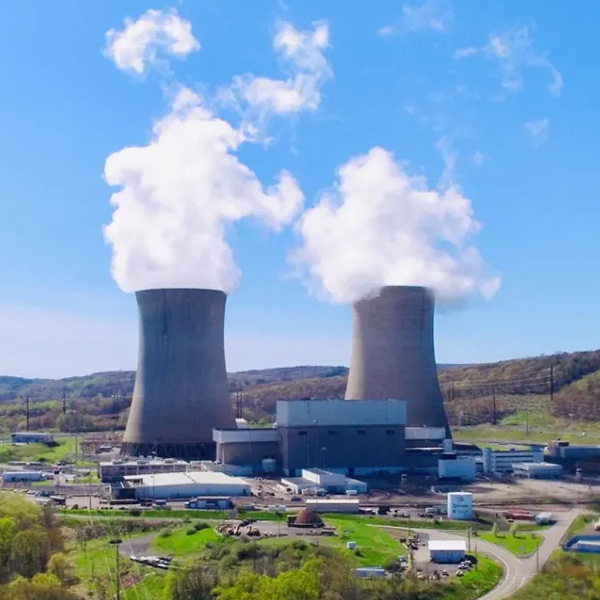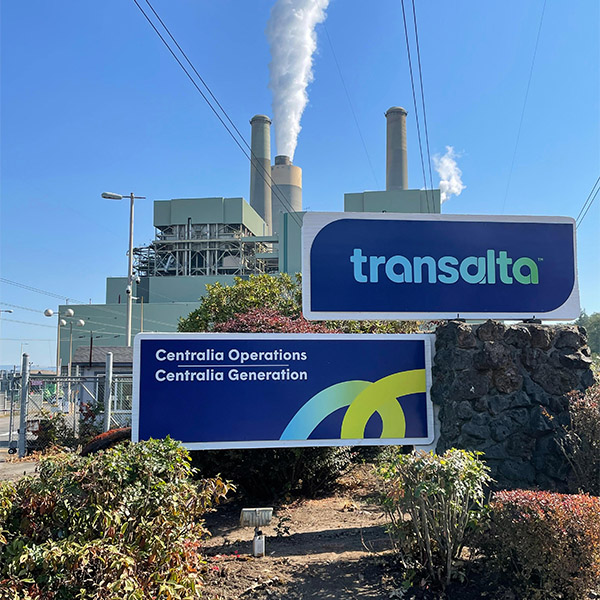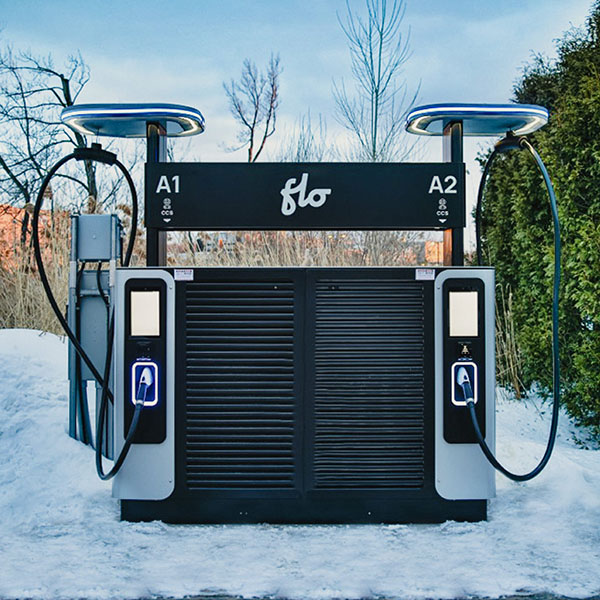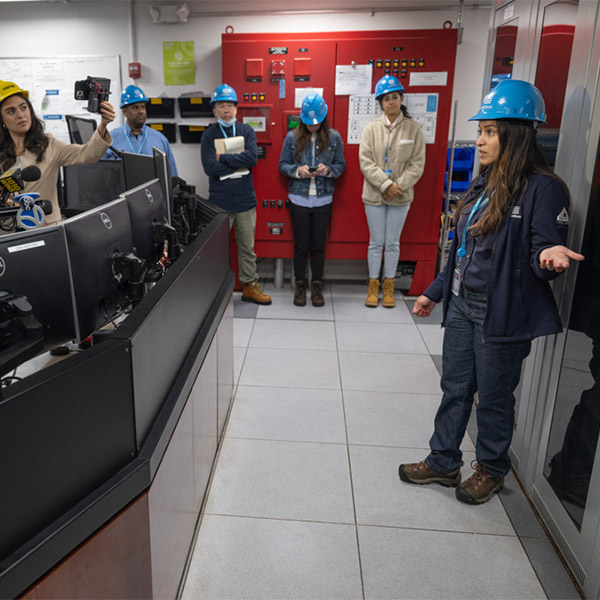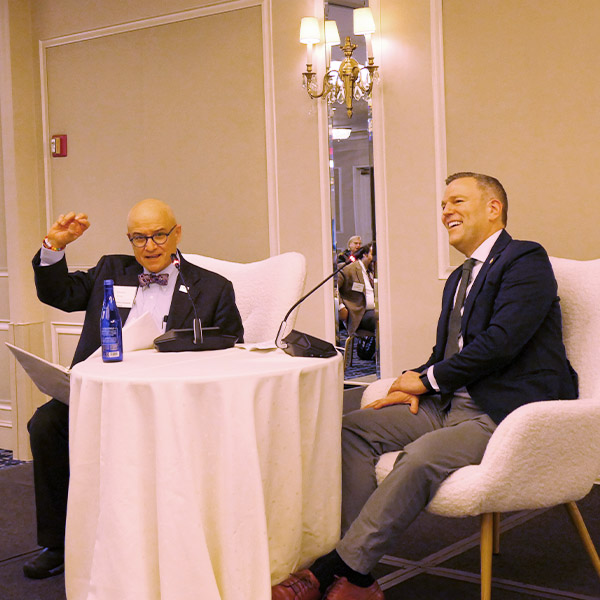FERC & Federal
The Federal Energy Regulatory Commission is an independent regulatory agency that oversees the transmission of electricity, natural gas and oil in interstate commerce, as well as regulating hydroelectric dams and natural gas facilities.
The House passed the SPEED Act, which aims to cut the timelines and litigation around NEPA reviews, but Democrats urged their Senate colleagues to improve the bill in a chamber where their votes are needed for passage.
MISO officials clarified the J.H. Campbell coal plant — kept online and in retirement limbo by the Department of Energy’s series of emergency orders — is not eligible for the RTO’s capacity market and is not receiving special treatment for dispatch.
FERC told PJM to change its rules to allow for co-located load at generators, with new transmission services and other tweaks.
Citing an energy “emergency” in the Northwest this winter, DOE ordered TransAlta to continue operating Washington’s last coal-fired generating plant for three months beyond its scheduled retirement at the end of this year.
Sixteen states and the District of Columbia sued the Trump administration in an effort to recover billions of dollars in funding for EV charging infrastructure.
FERC approved an SPP tariff change that adds real-time dispatchable interchange transactions to its Integrated Marketplace, extending the current day-ahead market dispatchable transaction model into the real-time balancing market.
Data center developers’ imperative of speed to market not only stresses the power grid but also is felt on the ground as the giant facilities — often paired with onsite generation — spring up in neighborhoods overburdened by pollution.
Storm surge events like Sandy offer insights into what the worst of sea level rise may do to an area’s infrastructure and how the power industry needs to think about this slow-moving but inevitable threat, says columnist Dej Knuckey.
FERC Commissioner David Rosner was supportive of the Department of Energy’s request that the commission assert authority over the interconnection of large loads while emphasizing the importance of collaboration and consensus-building in response to concerns raised by state regulators.
U.S. electricity outage hours reached their highest levels in a decade in 2024 due to the impact of Hurricanes Beryl, Helene and Milton, the EIA reported.
Want more? Advanced Search
